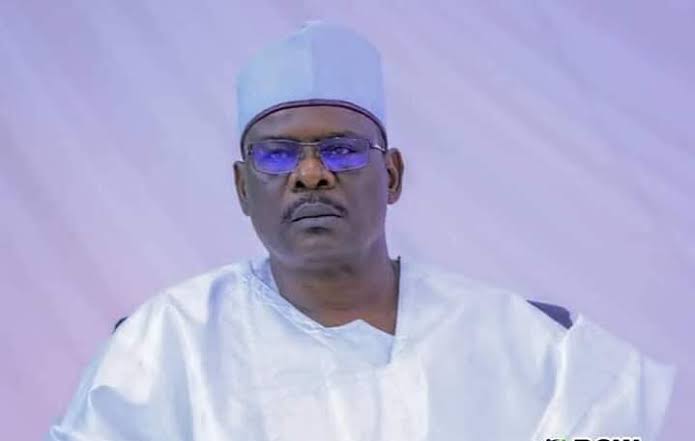Senator Ali Ndume has revealed that over 300 lives have been lost in 252 attacks by Boko Haram militants in Borno State over the past six months, prompting Governor Babagana Zulum to lead a delegation to the military high command in search of urgent support.
Speaking to journalists in Abuja, Ndume explained that the visit was the result of a series of meetings between the governor and key stakeholders from Borno State.
The delegation, which included Ndume, the two other senators from the state, a member of the House of Representatives, and Governor Zulum, met with the Chief of Defence Staff, General Christopher Musa, the Chief of Army Staff, and their counterparts from the Navy and Air Force to discuss the worsening insurgency in the region.
Ndume acknowledged the efforts of the Nigerian military despite being stretched thin, but expressed grave concern about the escalation of violence.
“From November last year to now, there have been 252 attacks in Borno State. In the past six months alone, over 100 soldiers and more than 200 civilians have been killed,” Ndume stated.
He further noted that despite the military’s efforts, with over 800 Boko Haram militants neutralized and over 500 militants killed in infighting between Boko Haram and ISWAP, the situation remains dire.
“Currently, three local governments—Gudumbari, Marche, and Abadam—are under Boko Haram control. The reality is that after 6 pm, movement is impossible in most parts of Borno State, except for the southern region. Even there, seven out of the nine local governments are inaccessible after 6 pm,” Ndume added.
He highlighted the severity of the situation, noting that the main road from Maiduguri to Biu, which normally takes about two hours to travel, is now closed, and travel is only possible with military escort.
The senator also mentioned that several army formations in critical areas such as Wajiruku, Sabongari, and Monguno have been displaced due to the escalating violence.
Despite these challenges, Ndume commended the Nigerian military for their continued efforts but emphasized that more trained, equipped, and motivated troops are needed to tackle the crisis effectively.
“To address this, the military must be adequately trained, armed, and supported—this is what I refer to as TEAM,” Ndume concluded.
